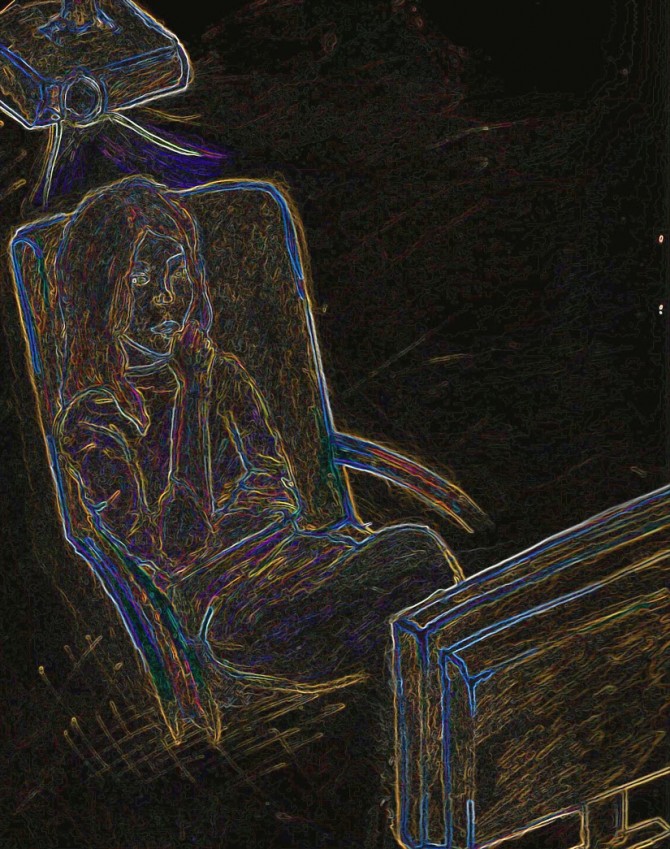
This type of business model encourages customers to pay for an extra add on so that they can have a (supposedly) better cinema experience.
Going to the cinema is already an expensive way to spend a few hours and many might be enraged by this latest money grabbing ploy. However, the “Star Seating” offer might be said to give good bang for your buck: it offers access to unlimited 2D movies for only €21.40 a month, so basically if you go at least three times a month you’re doing alright.
Alternatives
When I first saw this I wondered why Cineworld would introduce such a service, but then I did a bit of research. We live in a day and age where people can buy a reclining leather sofa (€700) , surround sound system (€429) , Blu-ray player (€100), a year’s Netflix subscription (€96) and 50” 3D HD TV (€1,025) for less than the combined price of an Iphone 6 Plus (€799), a MacBook Pro (€1,349) and some of course some wireless Beats Headphones (€380) to complete the look. These three products have been or “must-have” products for some while now and so, when they can arguably recreate the cinema experience in the comfort and convenience of one’s own home, it is not really surprising that the cinemas are getting anxious. Now I know there are cheaper alternatives available but there are also cheaper TVs and sound systems available too. Cinemas need to up their game before technology, home cinemas, and the emergence of “man caves” cuts off not only a slice of their market, but, for some, their entire business. And if you think that’s an exaggeration then just ask Chartbusters.
Add it on
So, in light of these developments in the world of consumer economics, can we say if the introduction of premium seats is a good business idea? Or have they simply opted to go with that old tried and tested model, long ago perfected by Ryanair, of gouging the consumer right up to the threshold of human irritability? I think that, in the specific case of the “Star Seating” offer, Cineworld might have set off on the wrong track. The premium seats are located right in the centre of the cinema and thus encourage (or force) customers to spend that bit extra for a good viewing spot, thus discriminating against poorer cinema-goers. Class distinctions, hitherto unknown in the democratic haven of the cinema theatre, rear their ugly head.
Of course with additional costs for 3D, IMAX, and pricey popcorn coming in on top of the already inflating cinema ticket price, is there a sustainable market for extra comfortable seats in the best screen locations? If a student goes to see the latest 3D IMAX movie with all the cinema essentials it would cost €14.10 for the ticket and popcorn, and a soft drink would come in at anything between five and nine euro extra, depending on the size. This is expensive.
However “Star Seating” could actually be something which customers have been asking for and provide that luxury element which now seems to be missing from the cinema experience. On the other hand it could simply a niche which will allow cinema owners to financially compensate for the people who now simply watch films at home with Netflix. In essence, as much as we see cinemas as an enjoyable way to relax and spend an evening, they are also businesses which need to make money to survive. If selling premium seats is a viable option which will greatly improve their financial basis over the coming years, then they will at least trial it and I suppose we cannot complain about that.
Illustration: Emer O’Cearbe






